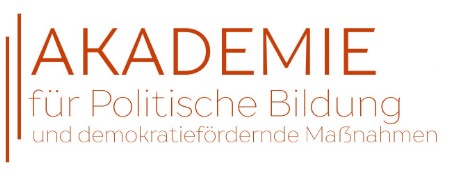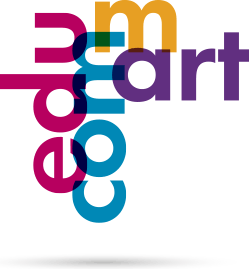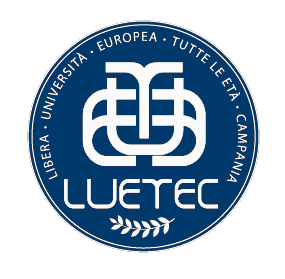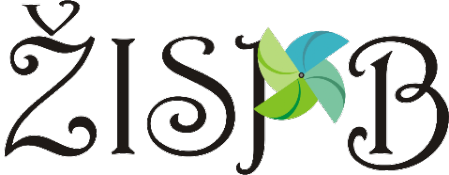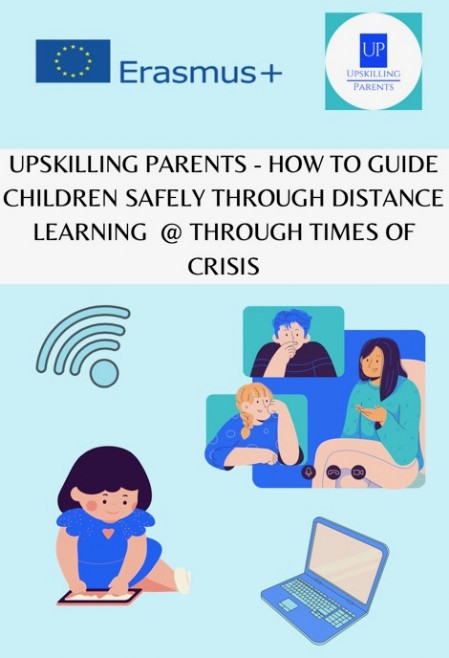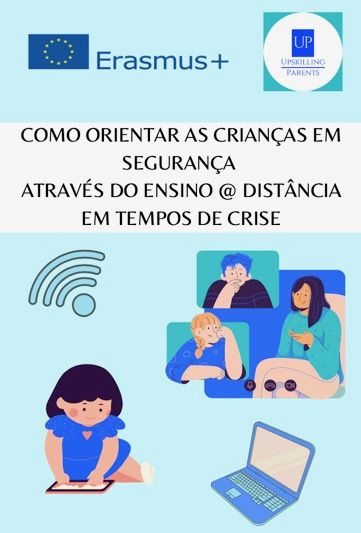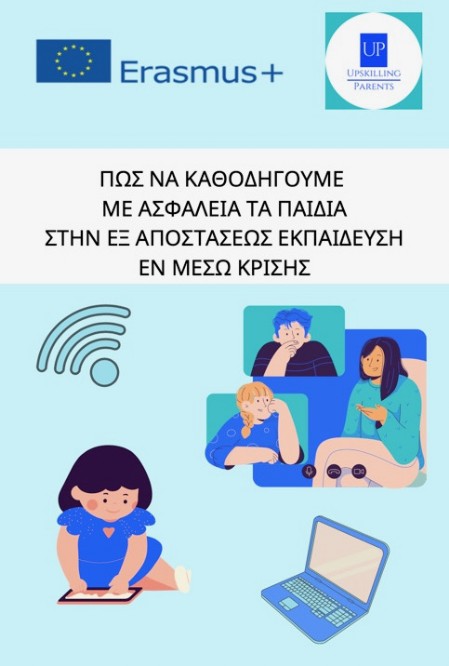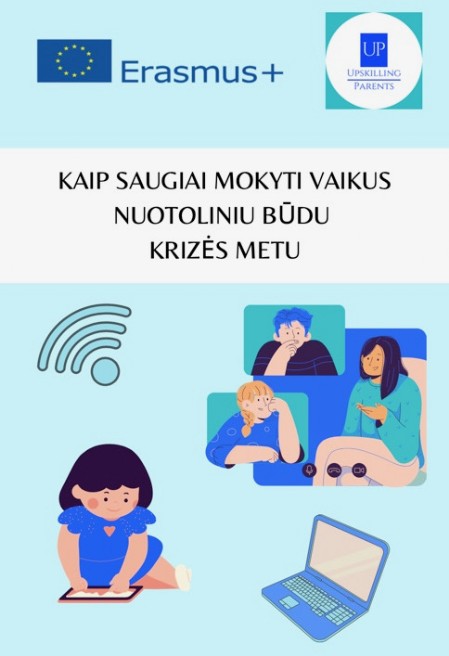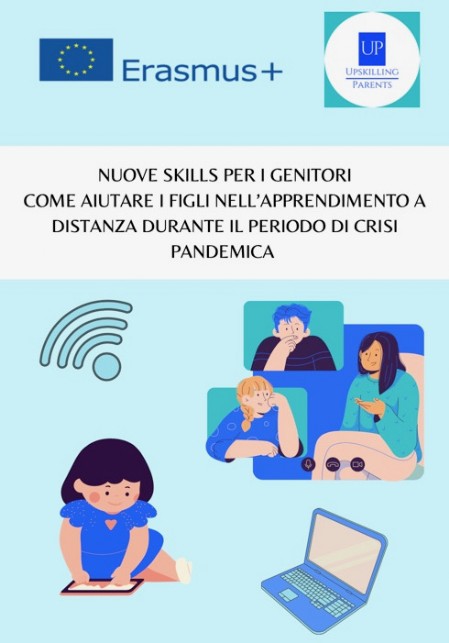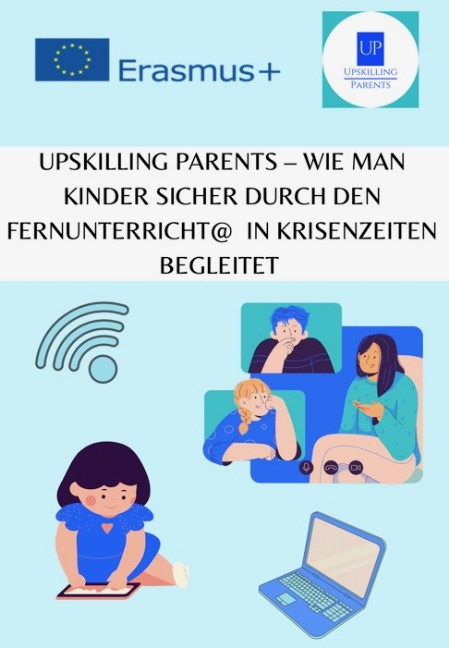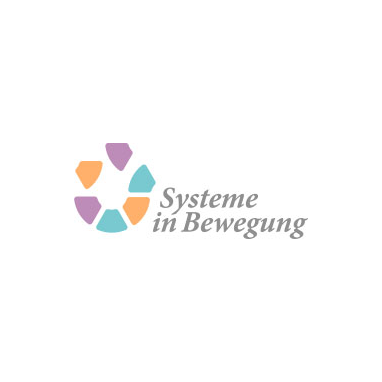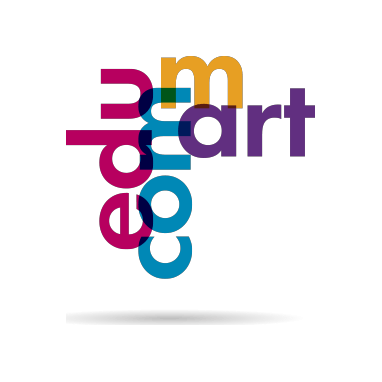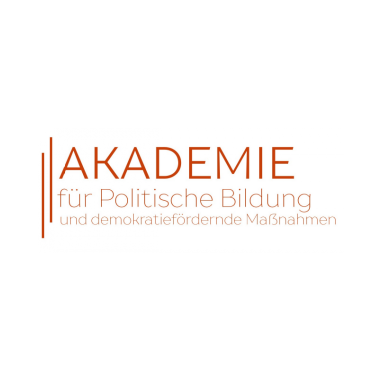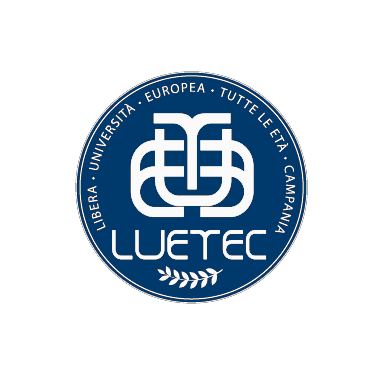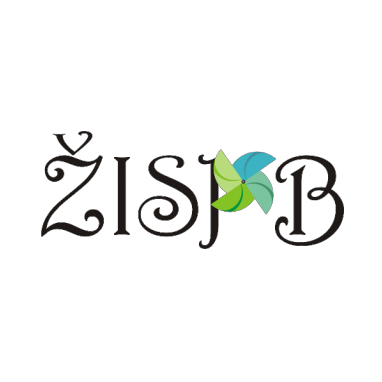
HOW TO GUIDE CHILDREN SAFE
THROUGH DISTANCE LEARNING
THROUGH TIMES OF CORONA CRISIS
PROJECT-AIMS
Distance learning // homeschooling - a lot is demanded of parents during the Corona crisis. However, many are unable to provide their children with the support they need due to socio-economic disadvantage and a lack of digital skills.
When we work with young people, especially young, educationally disadvantaged and/or socio-economically disadvantaged families, we know that they often need help with similar issues. The aim of our project is to show different solutions in a European comparison, which will be published in an online article, a guide and a number of methods and will be freely accessible to all interested parties. With this the main goal of an additional professionalization of our organizations has been achieved. Not only do the individual organizations benefit from European exchange, but families can also get the feeling that other people in Europe are similar to themselves.
PROJECT CONSORTIUM
AUSTRIA
The Akademie für Politische Bildung und demokratiefördernde Maßnahmen is a non-profit association that prepares topics in the field of political education for people of all ages in order to increase equal opportunities for the unemployed and the employed, migrants and especially women in the labor market.
GERMANY
The project "Systeme in Bewegung" has been in existence since 2014 and has been registered as a non-profit association since 2016, with its registered office in Winsen/Luhe.
Systeme in Bewegung is an educational and advisory institution for young people and adults.
GREECE
educommart is a non-profit organisation newly founded in 2016 and based in Athens.
educommart is an educational institution that provides further education for young people and adults. It also defines itself as a meeting point for creative educational paths of adults who have the desire to shape their own life path in a meaningful way.
ITALY
LUETEC founded in 2000 in Naples (IT) as a Third Age University, during the years has become a Long Life Learning centre, based reference point for the Neapolitan citizens.
LUETEC is also an EU training centre recognized in Europe as partner and coordinator of many projects both in young and adult educational sectors, and in the VET one.
LITHUANIA
VšĮ Žmogiškųjų išteklių stebėsenos ir plėtros biuras (ŽISPB) Human Resources Monitoring and Development Bureau,
Siauliai, Lithuania
VšĮ Žmogiškųjų išteklių stebėsenos ir plėtros biuras (ŽISPB) is a non-governmental non-profit organization established in 2010, in Siauliai, Lithuania.
PORTUGAL
"The Form2you association, although it was created only 2 years ago, already has a lot of work done in the community.
As most of its members are teachers and psychologists, etc, the association has been very intervenient in schools and in the close relationship with partners, including the municipality of Sintra.
PROJECT WORK
PROJECT IDEA
The family is the smallest system of European society, the starting point for democracy building and social change and therefore deserves special support. From our work with international organizations and educational institutions as well as from experience in our own educational work, we have learned that families have different access, particularly in the area of education and digital skills as well as digital resources. The Coranavirus-crisis in particular makes it clear that access to education is not available for all children and families. Now that almost all schools in Europe have switched to distance learning, numerous problems are becoming evident. These problems affect families across Europe to a similar extent. We asked ourselves whether this is the case everywhere in the European Union, whether families (parents and children) from Austrian, Italian and other EU - countries have the same problems and how to deal with these problems - with us and in other countries. How is it reacted to when parents are uneducated or lack basic digital equipment or parents have so little digital skills that they cannot support their children in distance learning. How can we, as providers of educational offers, support these parents and children? What suggestions can we get from organizations working with parents and children and thereby improve our work in a targeted manner? Therefore, we will disseminate our results in an online article that describes how to deal with these problems in a European comparison and shows different approaches to solutions. In addition, we will draw up a guideline for educational providers, which options there are for parents and children who run the risk of being left behind by this problem and where they can turn. In addition, a set of methods is created that is specially designed for parents / legal guardians, which includes digital tools that serve to develop their digital skills and support their children in distance learning and learning in general. The direct target groups are the employees of the organizations who will carry the results into the indirect target group of parents and families through their work. Not only the individual organizations benefit from the European exchange, but also the families. The consortium plans to use the collected similarities and evaluated approaches in a follow-up project.
Transnational Project Meetings
- 09.-10.12.2020 1st TPM
- 28.05.2021 2nd TPM
- 12.12.2021 3rd TPM
- 30.03.2022 4th TPM
- 22.07. - 23.07.2022 5th TPM
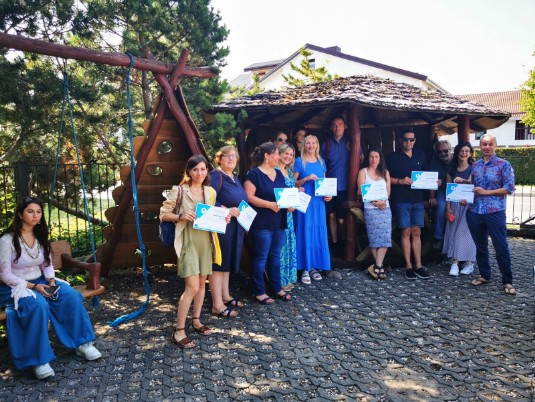
Learning Training Teaching Activity for Staff // 25.07.2022 - 27.07.2022
Project-Results
ONLINE ARTICLE
For the creation of the online article HOW TO GUIDE CHILDREN SAFELY THROUGH DISTANCE LEARNING THROUGH TIMES OF CRISIS, we discussed within the project consortium the needs parents face due to the Corona crisis/homeschooling/distance learning. We created a list of questions and elaborated it through a qualitative and professional exchange about the experiences of adult education institutions, similar organisations and associated partners as well as with the involvement of a desktop research and through conversations with parents in the close environment of the organisations. The acquired and summarised findings in the online article should be helpful to us for the further compilation of the method set, as they describe how the problems are dealt with in a European comparison and show different approaches to solutions.
Download in English
Download in Portuguese
Download in Greek
Download in Lithuanian
Dowload in Italian
Download in German
GUIDELINE FOR EDUCATIONAL PROVIDERS
Within the framework of the project, a guideline for education providers was created to show what possibilities there should be for parents and their children who are at risk of their children having problems in homeschooling/distance learning due to a lack of digital competences and belonging to educationally disadvantaged classes, but also due to socio-economic disadvantages. There is a need for targeted offers and support for parents.
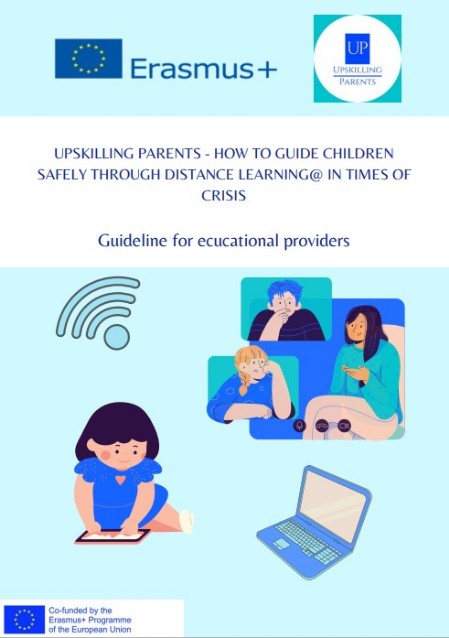
SET OF METHODS & INFO-POSTCARDS
The developed method set contains 12 methods that are designed for trainers, teachers as well as all institutions that offer further training for parents, but also for parents who want to and are able to go through the methods in self-study. They have been developed specifically for parents/guardians and are primarily aimed at increasing parents' digital literacy. However, methods are also presented that can positively influence the family climate as well as the children's everyday learning during homeschooling/distance learning and which are very necessary according to desktop research. Through the increased and targeted use of these methods to increase digital literacy, the content-related and social participation of these parents and children can be significantly improved.
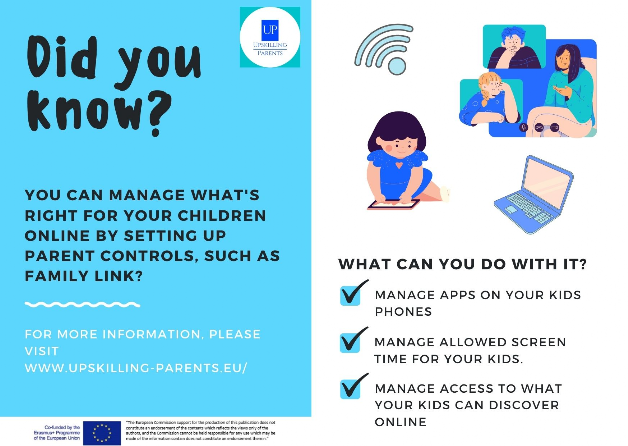
Parents ask: When is my child old enough for … ?
Media and media content should be age-appropriate and entertaining, and ideally also educational.
What does "age-appropriate" mean?
This exercise guides you to look at media offerings and to consider the term "age-appropriate". The actual age does not always correspond to the developmental level of the child.
You can download the Method in GERMAN, ENGLISH, LITHUANIAN, ITALIAN, PORTUGUESE AND GREEK.
Using digital dedicated platforms: How to use Google Classroom
Parents (trainees) learn what a Google account is and how to use it and these are used to participate in the Google Classroom platform.
This exercise aims to increase the parents' digital skills and competences and contribute to the promotion of knowledge on the use of platforms with didactic benefits. Parents will gain insight into how to use teaching/learning platforms to participate in children's distance learning.
You can download the Method in GERMAN, ENGLISH, LITHUANIAN, ITALIAN, PORTUGUESE AND GREEK.
Tackling disinformation on social media
Misinformation is incorrect or misleading information presented as fact. It is all over social media platforms. Some people distribute it intentionally, influencing people all over the world, who, in turn, distribute it unintentionally. Most of the time the information distributed is not attributed to any source, or to an unreliable source and is untrue.
This exercise aims to increase parents' digital literacy. Parents should become aware of the fake information they and their children are exposed to online.
You can download the Method in GERMAN, ENGLISH, LITHUANIAN, ITALIAN, PORTUGUESE AND GREEK.
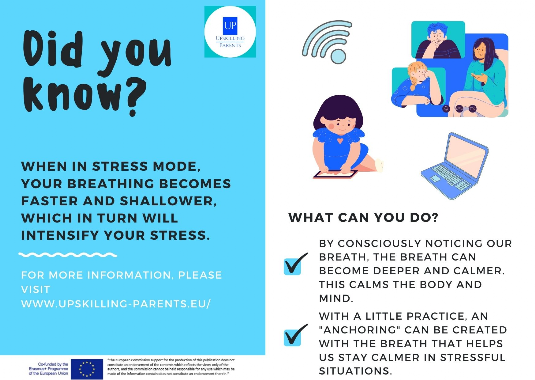
Check-list for parents for homeschooling - Using digital tools
This exercise aims to provide parents with an overview of the technical requirements for participating in distance learning and the framework conditions that need to be in place for their children to participate in education. They will also learn how to protect and educate their children about the dangers of the Internet. The parents get to know simple digital learning tools on the internet and make their first experiences with these offers. First learning contents/exercises are created.
You can download the Method in GERMAN, ENGLISH, LITHUANIAN, ITALIAN, PORTUGUESE AND GREEK.
Quick Stress Release Exercises for busy parents
What is stress and how can I manage it in a homeschooling situation (or as a parent in general)?
In this exercise, knowledge about the definition and the development of stress as well as techniques for dealing with stress in a valuable way are offered. Especially during the pandemic with the lockdowns, when many families are together at home most of the time in a small space, it is important in terms of personal development to have knowledge about and experience with different quick techniques to reduce stress in challenging situations.
You can download the Method in GERMAN, ENGLISH, LITHUANIAN, ITALIAN, PORTUGUESE AND GREEK.
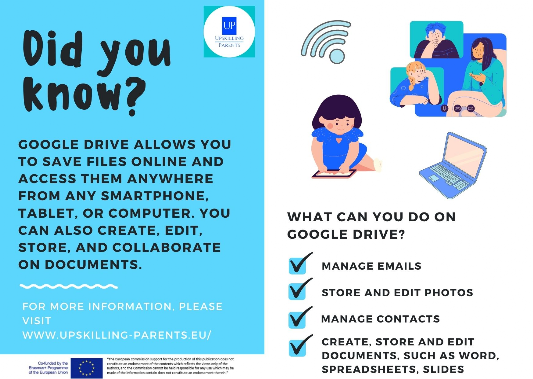
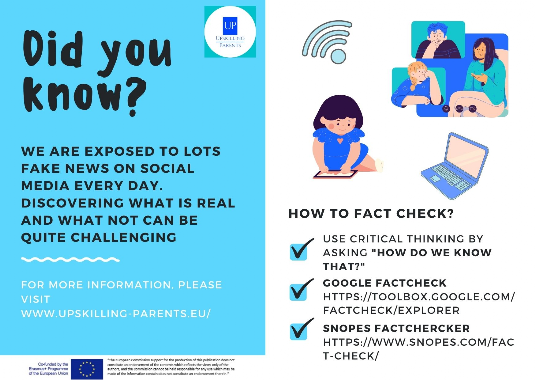
Development – promoting behavior
Online communication – game Among all of us to educate parents about online hate speech. The ongoing COVID 19 pandemic means that children spend more time online, and parents, especially those with low IT skills, are unaware of the hate speech children face while being on social media, various discord platforms. This online game can be played either by parents themselves or could be parents with children.
For parents to be more aware of the dangers their children face online. Introduce parents with low IT skills of platforms their children use to socialize online.
You can download the Method in GERMAN, ENGLISH, LITHUANIAN, ITALIAN, PORTUGUESE AND GREEK.
Digital Literacy and Digital Citizenship
The activity is related to the training of parents in the safe use of digital technologies, networks and the Internet. The aim is for families to develop critical, reflective and responsible attitudes in the use of digital technologies, environments and services, to develop skills in searching and analyzing information available on the Internet and to improve the ability to communicate appropriately when using digital media and resources.
You can download the Method in GERMAN, ENGLISH, LITHUANIAN, ITALIAN, PORTUGUESE
AND GREEK.
Parents ask: How much media time is good for my child?
Digital media play an important role in children's lives. They offer them opportunities to learn, play and discover. Raising children to use digital media responsibly is not easy for parents. Increasing digitalisation during the Covid19 pandemic poses new challenges for parents and resolves many contentious issues within the family, such as screen time. When is it time for a conversation, a game or a movie break? Parents need tips, creative ideas on how their children can develop media literacy.
You can download the Method in GERMAN, ENGLISH, LITHUANIAN, ITALIAN, PORTUGUESE AND GREEK.
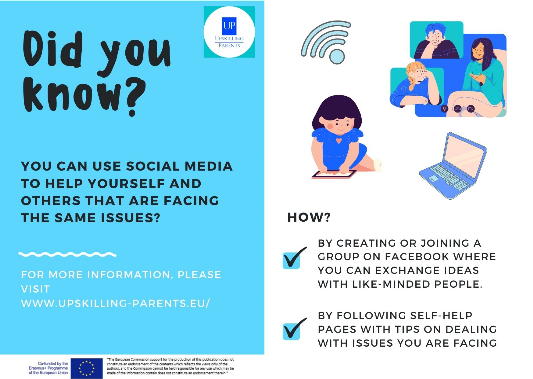
Using Digital Tools for learning
This exercise teaches basic fundamentals such as how to use e-mail, how to download and upload files using a computer/smartphone and how to create presentations, etc.
You can download the Method in GERMAN, ENGLISH, LITHUANIAN, ITALIAN, PORTUGUESE AND GREEK.
FAMILY TIME
Sometimes it can help to spend time with the family that is not crammed with homeschooling or household chores. For example, you can play a game together that gets you talking and getting to know each other better. In this lesson, parents will learn about games that can help the whole family to share and relax together. In the Erasmus+ project "Europarents", a game was developed that can help with this and is fun at the same time. It is called "Familytime" and can be ordered or downloaded free of charge at www.systemeinbewegung.de.
You can download the Method in GERMAN, ENGLISH, LITHUANIAN, ITALIAN, PORTUGUESE AND GREEK.
How to use digital platforms: Little Bird Tales
Children spend a lot of time on digital devices, playing video games or scrolling through videos. Taking those devices away sometimes seems impossible and it is probably because they are so used to them that they are addicted. The passivity of this type of interaction with digital devices turns their minds off or simply makes them numb. So what can we do to spend this time better? We suggest that parents learn how to use Little Bird Tales an online social platform for creating stories, fables tales. Parents and children can act as authors, combining their words with the suggested images, stimulating the imagination of both by spending an enjoyable time together.
You can download the Method in GERMAN, ENGLISH, LITHUANIAN, ITALIAN, PORTUGUESE AND GREEK.
Helping people to help themselves - Organising a Facebook group
In this lesson, parents will learn about the possibility of self-help and discuss it together. In an exercise, participants will learn how to create a group on Facebook to share common interests.
You can download the Method in GERMAN, ENGLISH, LITHUANIAN, ITALIAN, PORTUGUESEAND GREEK.
If you like our RESULTS, please SHARE this BROCHURE with OTHERS
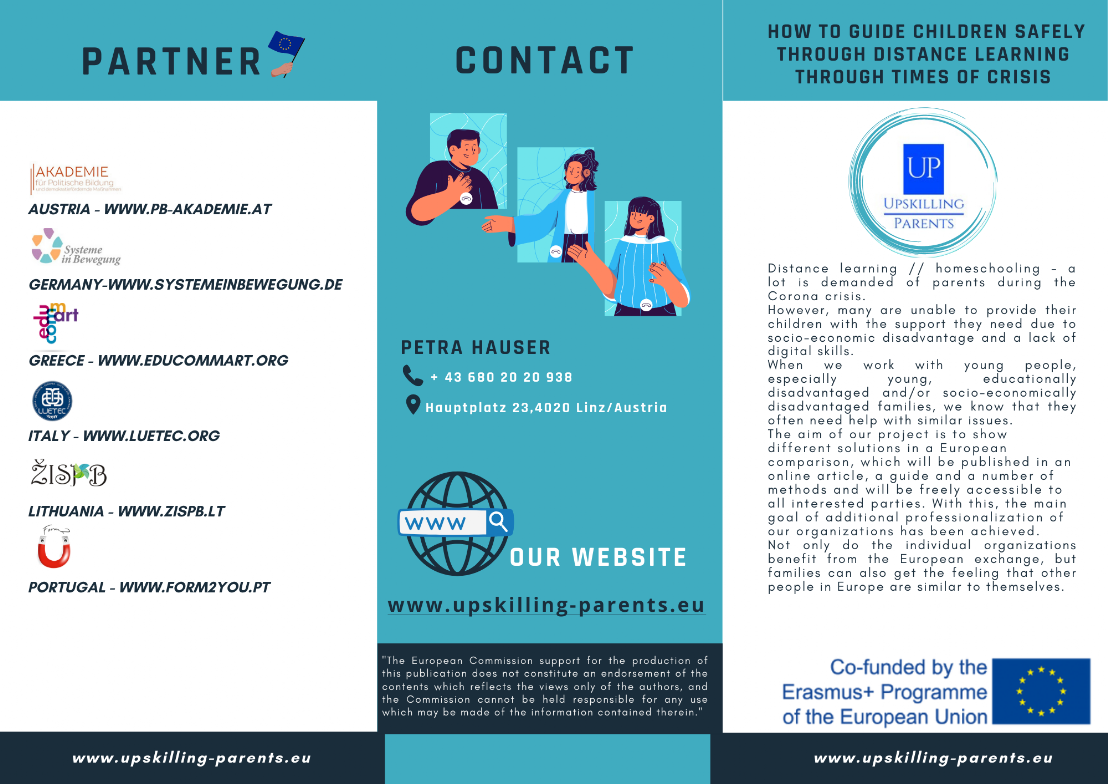
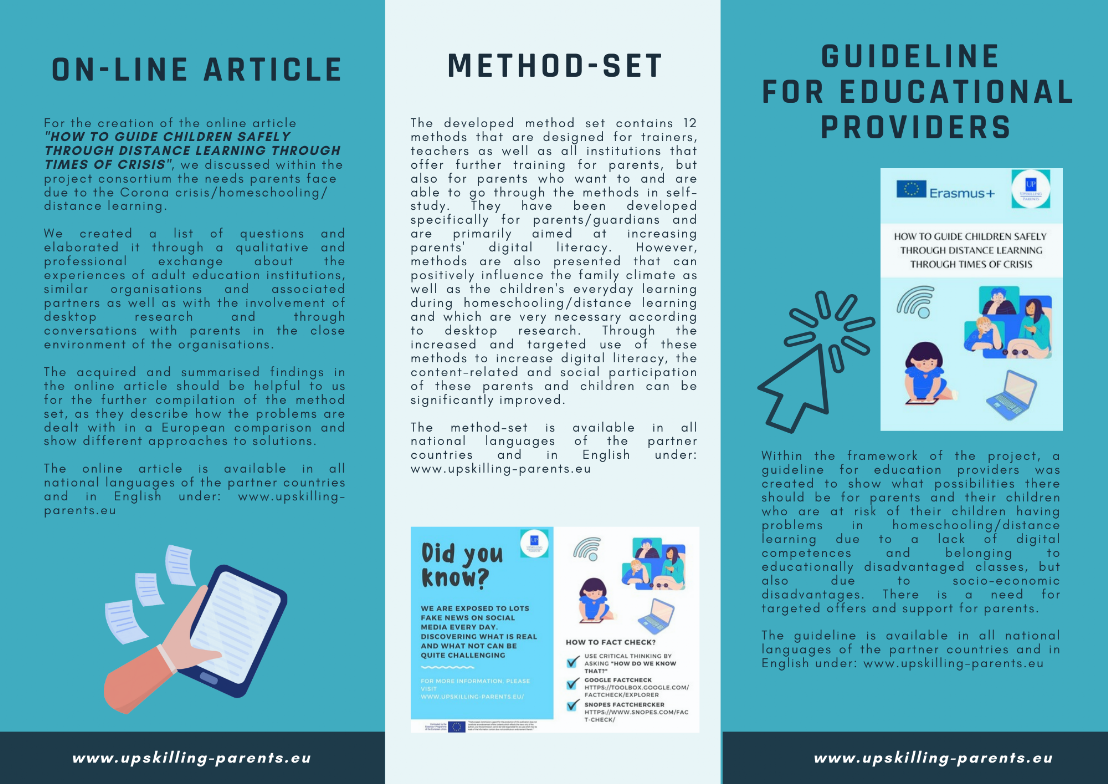
Download in English
Download in Portuguese
Download in Greek
Download in Lithuanian
Download in Italian
Download in German
ERASMUSDAYS 2022
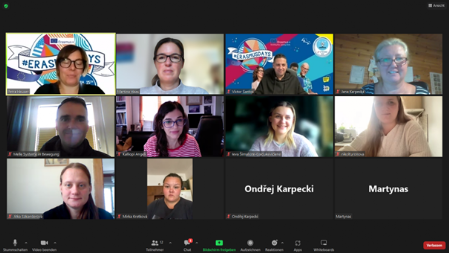
CONTACT THE PROJECT-COORDINATOR
For the following information about
please follow the respective links.
